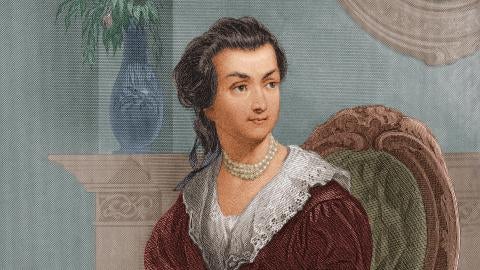If you know anything about Abigail Adams, the second first lady of the United States, you are probably aware that she liked to write letters. Approximately 2,300 examples of her prolific correspondence survive, written from her young adulthood—she was born in 1744—until shortly before her death in 1818 at age 73. Her letters are a national treasure, full of insight into the reasons why Americans declared independence in 1776, the tribulations they endured during the Revolutionary War, and the fractious establishment of what has become the world’s longest-enduring democracy.
In “The Unexpected Abigail Adams,” John L. Smith Jr., a retired corporate executive and historian, puts Abigail’s correspondence front and center—so much so that at times his narrative voice seems to fade into the background and the book reads almost like a memoir. His stage-setting and commentary are excellent, but they are secondary to Abigail’s words, which he presents without modernizing her creative spellings and grammatical flights of fancy. If readers sometimes must work a little to grasp her meaning, they are rewarded by a glimpse of 18th-century authenticity.















